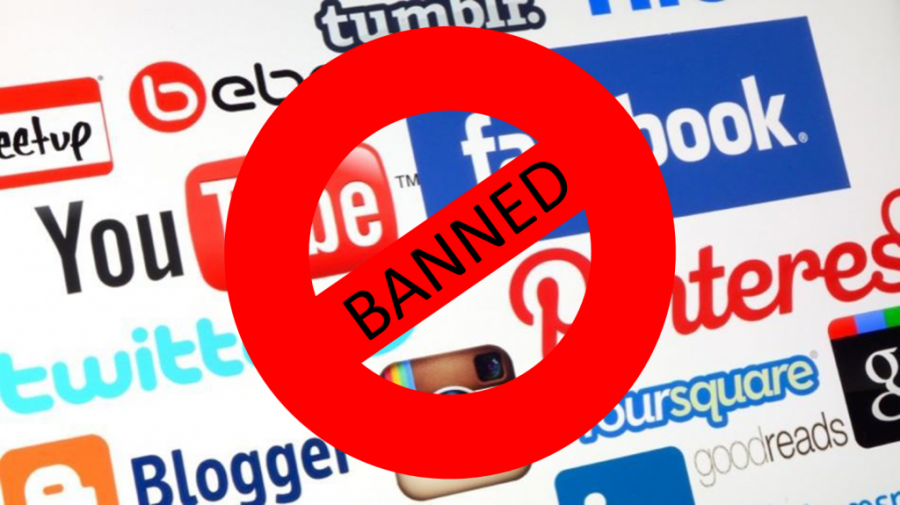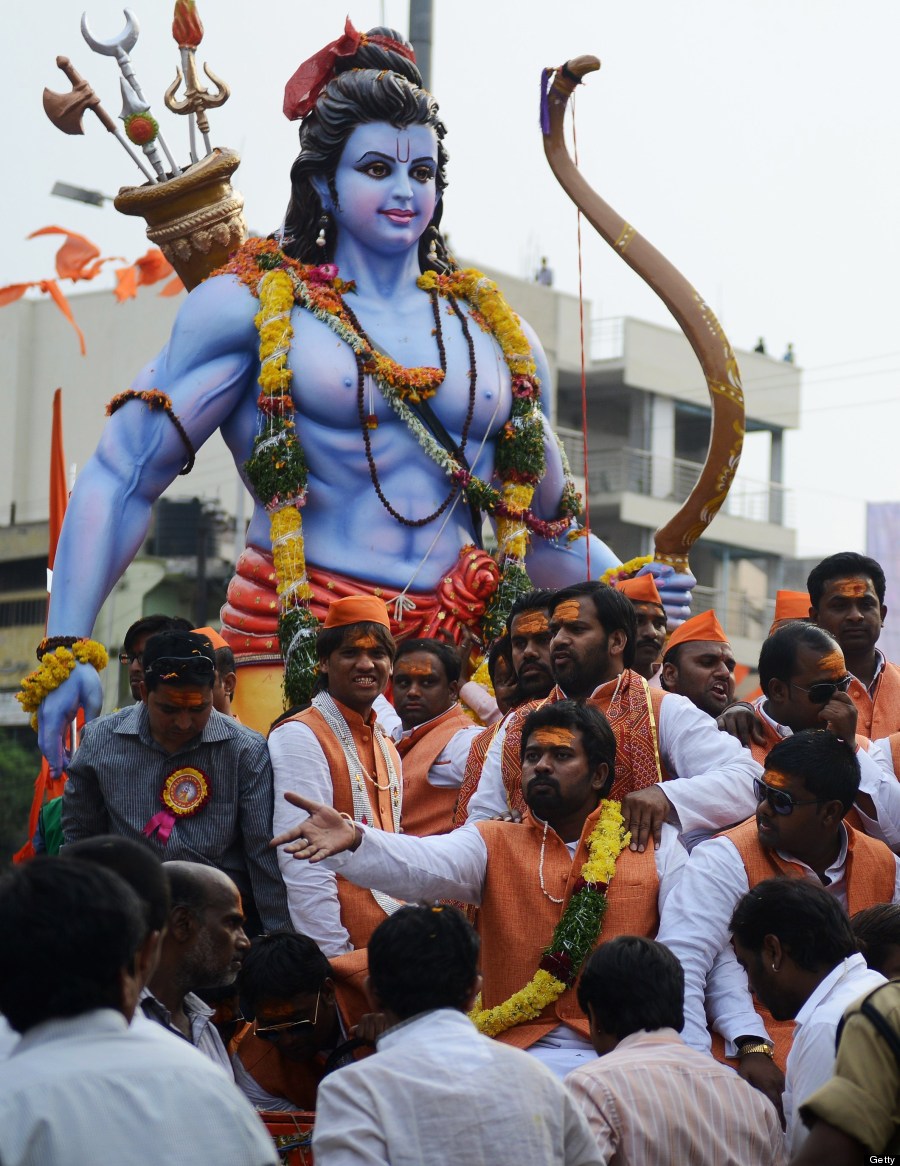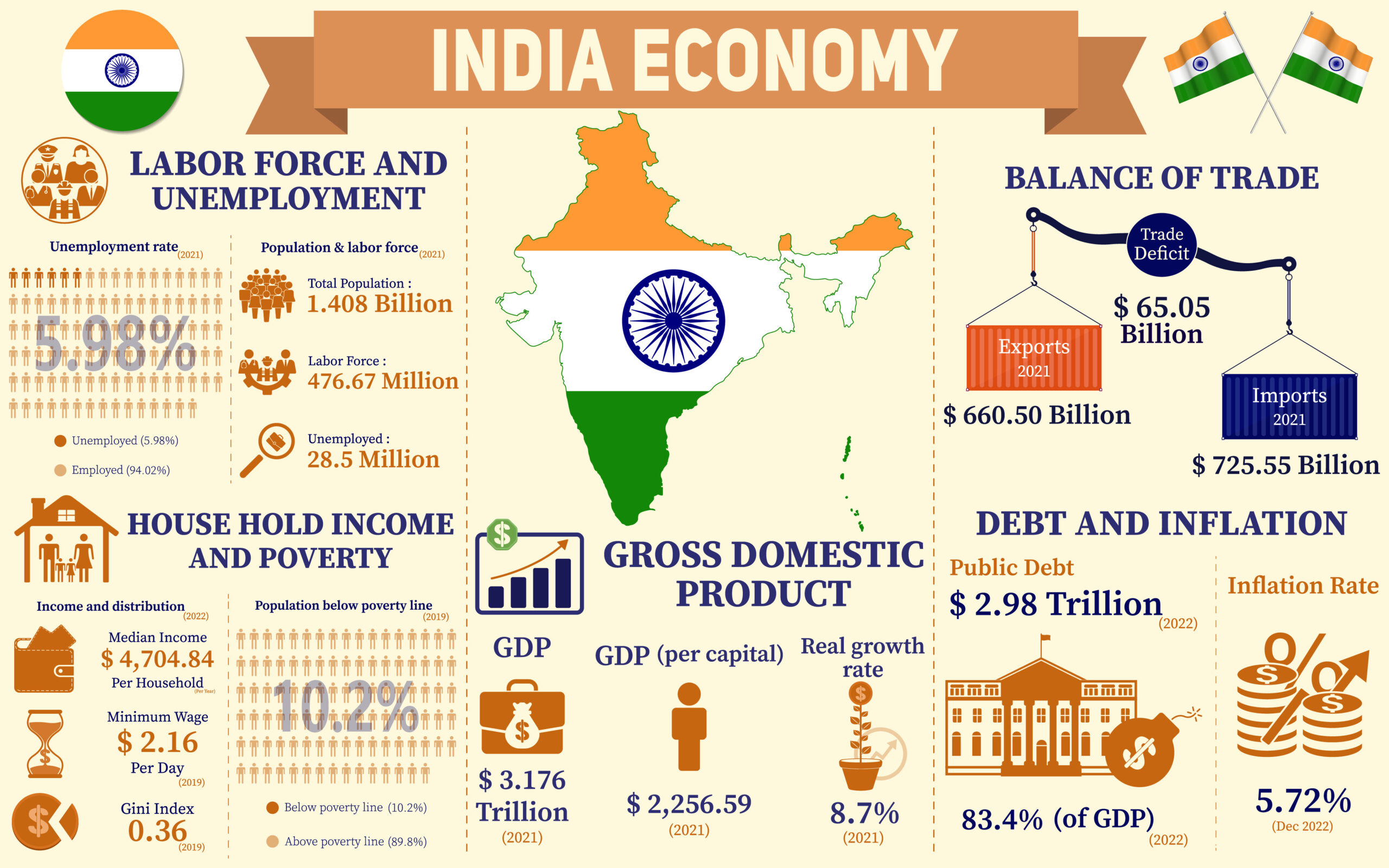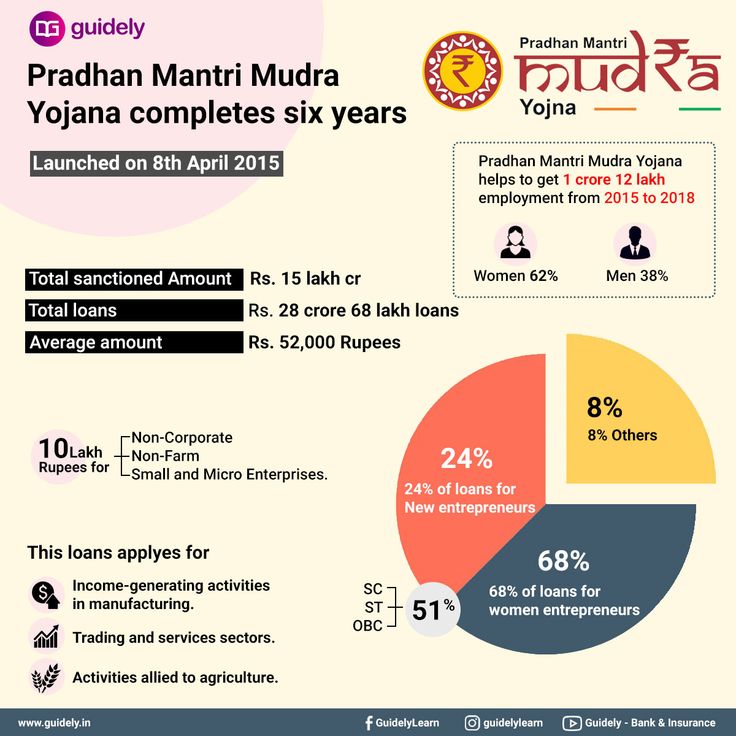
Majority of Indians Advocate for Social Media Restrictions for Children Under 14
In a recent survey conducted by the Ipsos Predictions 2025 Report, a significant 57% of urban Indians expressed support for banning social media access for children under the age of 14. This sentiment reflects growing apprehensions regarding data privacy and the mental well-being of young users. The report underscores a broader trend of Indians seeking more stringent controls over digital platforms to safeguard the younger generation. https://www.socialsamosa.com/report/57-indians-expect-social-media-ban-for-children-under-14-8496296
Data Privacy and Mental Health at the Forefront
The call for a social media ban for children under 14 is closely linked to escalating concerns over data privacy. Approximately 56% of respondents in the Ipsos survey voiced fears about potential data leaks and the misuse of personal information on social media platforms. These concerns are amplified by reports of frequent data breaches and unauthorized data harvesting, which pose significant risks to young users who may not fully comprehend the implications of sharing personal information online.
Moreover, the impact of social media on children’s mental health has become a pressing issue. Excessive use of these platforms has been associated with increased anxiety, depression, and other psychological challenges among adolescents. The unregulated exposure to potentially harmful content and the pressures of online social dynamics contribute to these mental health concerns.
Anticipated Decrease in Social Media Usage
Interestingly, the Ipsos Predictions 2025 Report also indicates that 54% of Indians expect an overall decline in social media usage in the coming year. This anticipated reduction may stem from a growing awareness of the negative aspects of social media, including data privacy issues and mental health impacts. As users become more conscious of these challenges, there is a collective move towards adopting healthier digital habits and seeking platforms that prioritize user well-being.
AI’s Dual Impact on Employment
The report further highlights the paradoxical views of Indians regarding artificial intelligence (AI) and employment. While 59% of respondents anticipate job losses due to AI advancements, a nearly equal percentage (58%) believe that AI will generate new employment opportunities. This dichotomy reflects the complex relationship between technological progress and the job market, emphasizing the need for policies that mitigate job displacement while fostering innovation.
Conclusion
The growing support for a social media ban for children under 14 in India underscores the urgent need to address data privacy and mental health concerns associated with digital platforms. As the nation navigates the challenges posed by rapid technological advancements, it is imperative to implement measures that protect vulnerable populations, particularly children, from the potential harms of unregulated social media exposure. The insights from the Ipsos Predictions 2025 Report serve as a crucial guide for policymakers, educators, and parents in creating a safer digital environment for the younger generation.



